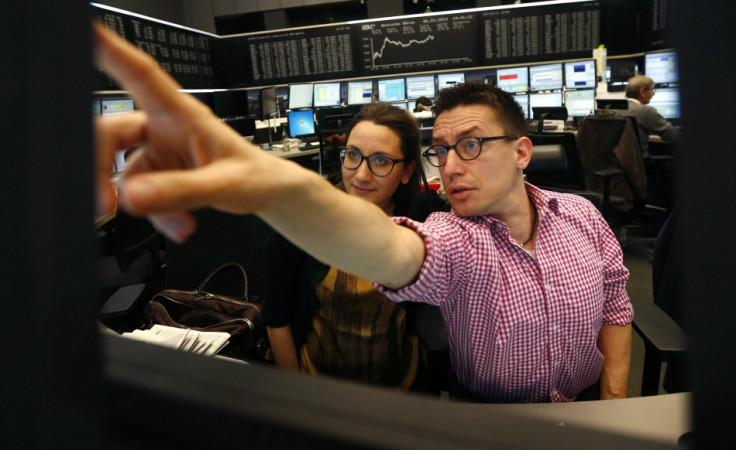European Stocks Gain Ahead of Central Bank Meetings

European stocks edged higher in the opening minutes of trade as investors awaited monetary policy decisions from the European Central Bank and Bank of England.
The FTSEurofirst 300 index tracking the region's blue-chip stocks gained 0.1 percent to 1,186.69. The UK's FTSE 100 gained 0.1 percent while Germany's DAX was up 0.2 percent.
Spain's IBEX and France's CAC-40 added 0.5 and 0.3 percent respectively. In Italy, the FTSE MIB gained 0.4 percent.
The single currency showed modest strength against the dollar, trading at about $1.29.
Monetary policy meetings from the European Central Bank and the Bank of England are set to dominate market sentiments during the day.
"The outcome of the UK MPC meeting hangs on a knife-edge following Governor King's decision to break ranks and call for further QE at last month's meeting," said Rhys Herbert, Senior International Macroeconomist at Lloyds Bank.
"With the economic data over the past month having been mixed to slightly weaker, and the recent Italian election stalemate highlighting the ongoing risks in the euro area, on balance, we expect the MPC to sanction further stimulus".
But analysts point out that it is not clear if the current economic conditions are enough to prompt committee members to take a decision.
The ECB is expected to maintain its interest rates at 0.75 percent, although many analysts suggest that the central bank could look to ease it further to 0.5 percent soon.
Most Asian markets ended lower earlier, although Japanese stocks climbed to record levels on the continued stimulus optimism that extended the yen's weakness against the dollar.
The Nikkei gained 0.3 percent to 11968.08. South Korea's benchmark KOSPI index fell 0.8 percent to 2004.40 while Australia's S&P/ASX 200 ended 0.15 percent lower at 5109.20.
In China, the Shanghai Composite Index slid 0.98 percent to end at 2324.29. Hong Kong's Hang Seng traded 0.28 percent lower to 2324.29 towards close.
Bank of Japan left its monetary policy unchanged at a policy meet early in the day, leaving the door open for further measures as the next governor takes charge. The government's nominee Haruhiko Kuroda is widely expected to take the post this month. Analysts suggest that Kuroda, who is a vocal advocate of stimulus measures, could take a more aggressive monetary easing stance in line with the government's requirements.
Elsewhere in Asia, official data showed that Australia's trade deficit widened in January on weaker commodity exports and increasing imports. According to the Australian Bureau of Statistics, the country's trade deficit widened 54 percent. Exports declined 1 percent while imports grew at the same rate.
© Copyright IBTimes 2025. All rights reserved.





















